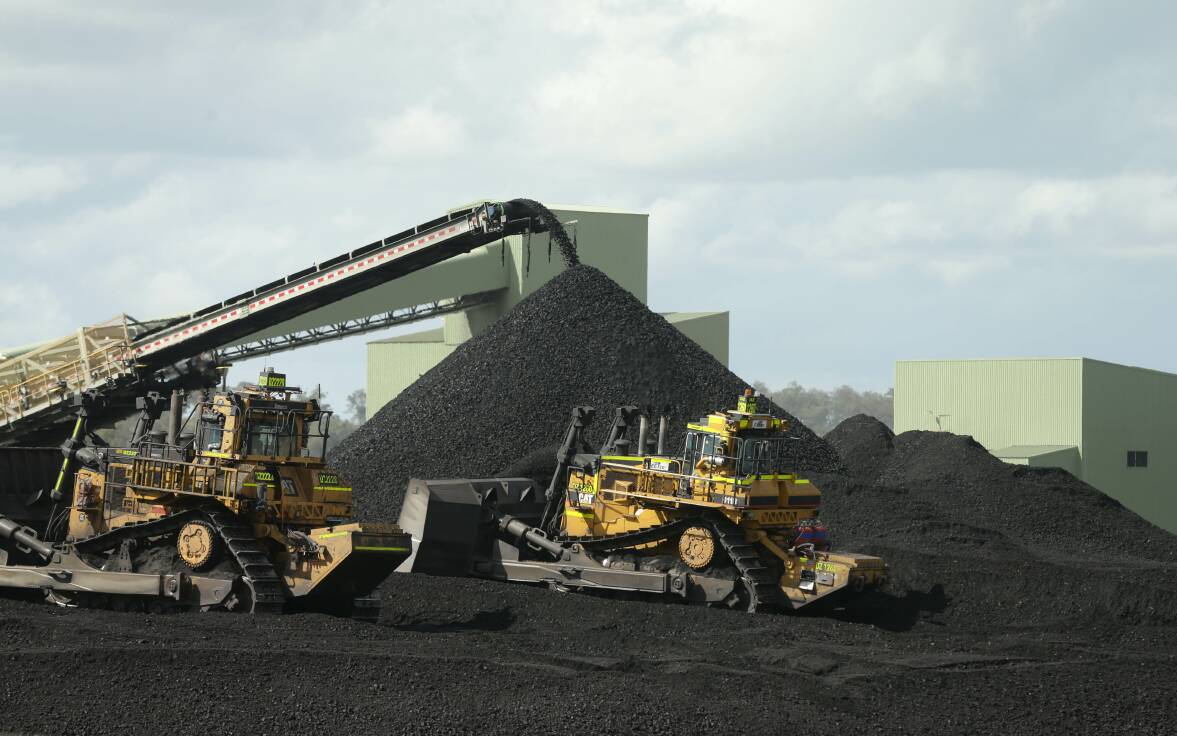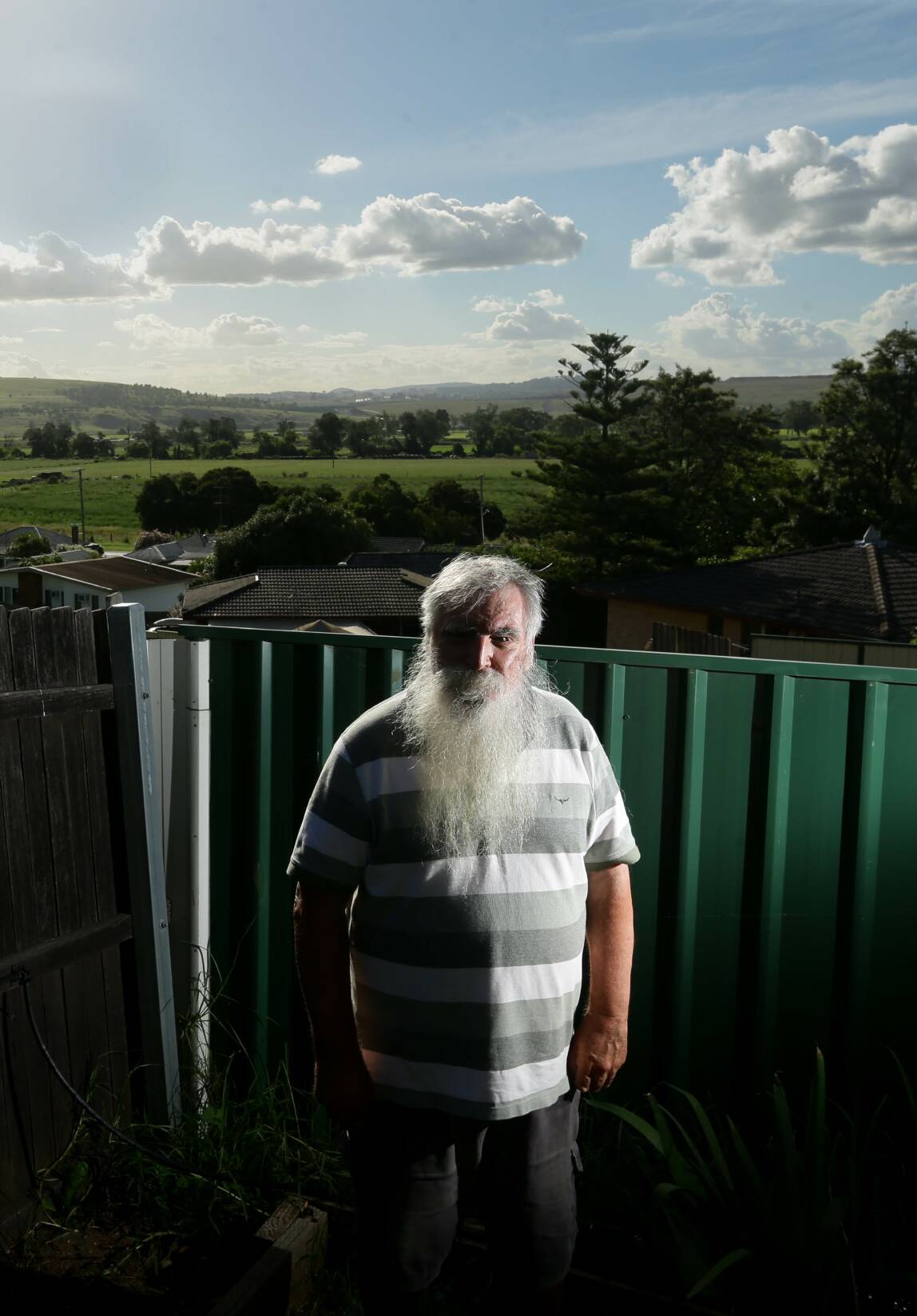
A MOUNTAIN of overburden six kilometres wide, the equivalent of 12 Sydney Harbour Bridges, was a difficult image to escape at a coal mine expansion hearing in Sydney on Friday.
That eyesore was one of the many issues repeatedly cited by residents, business owners, including representatives of the Hunter's billion-dollar equine industry, and climate change activists, opposing what they describe as essentially "a new mine" in the Upper Hunter.
The future of Muswellbrook's Mt Pleasant coal mine has been debated at a Independent Planning Commission hearing this week following its recommendation for approval by the NSW Planning Department.
Cameron Collins, president of the Hunter Thoroughbred Breeders Association, told the commission coal mining and "international-scale horse breeding operations" were simply incompatible.
"This is a fact that has been recognised by five previous planning assessment commissions and two previous gateway panels," Mr Collins said.

"One in every two thoroughbreds born in Australia are bred in the Upper Hunter and 80 to 90 per cent of the horses auctioned at yearling sales around the country every year are the progeny of Hunter stallions. The industry makes an annual contribution to the Hunter region of $565 million he said, and to the national economy of over $5 billion, and is the largest agricultural employer in the region with more than 5,000 direct jobs.
"Fifty per cent of the races along the entire eastern seaboard on any day of the week contain the progeny of Hunter stallions."
MACH Energy is proposing to double the yield of coal at Mt Pleasant and extend its lifespan by 22 years to 2048 in an application variously described in Friday's hearing as suffering from "optimism bias" which underestimates the costs, and over-estimates the benefits in favour of the project.
The president of the Hunter Thoroughbred Breeders Association, Hellen Georgopoulos, told the commission the application presented no assessment of the legacy impact of the mine on water, heritage, or NSW's ability to meet its greenhouse gases because it "externalises nearly all the costs of greenhouse gas emissions".
Ms Georgopoulos also raised concerns about the impacts on water availability and quality shared by many of the 50-odd speakers who have gave evidence this week.

"At one extreme the mine could produce too much contaminated water and at the other extreme not have enough water for dust suppression, or as anticipated, be forced to cease operations for at least two years," she said. "We are left to wonder about the risks of this for the workforce, the community and the environment."
Dr Liam Phelan, a Newcastle resident and Senior Lecturer at the University of Newcastle's School of Environmental and Life Sciences, told the commission that the approval of the proposed expansion of the mine would lead to a perverse outcome.
Locally, based on his studies in the field of climate change and uncertainty and relationships between climate change and finance, a 'more of the same' approach to coal mining was not helpful for employment in the Hunter, for workers in the Hunter, and not helpful for their communities. "This is evident in multiple spheres as the various contexts for the project have changed markedly and rapidly," Dr Phelan said.
That includes market and economic contexts, he said, because coal was in "terminal decline' as evidenced by BHP's recent decision to close Mt Arthur which was "just over the way" in response to changing market conditions.
"It has been devalued in a very short period of time from a multi-billion dollar asset to something measured in hundreds of millions of dollars, and then more recently again BHP has chosen to simply wind that operation up, allocating around a billion dollars for its closure," he said.
The policy context had also changed, he said, with bipartisan support under the Paris Agreement moving from cuts of 26-28 per cent on 2005 levels by 2030 to 43 per cent by 2030. "That is less than eight years away ... this is not a situation where there is the opportunity to kick the can down the road. We are talking about the immediate future."
The state government has also realised the policy context is unstable and rapidly changing, he said, as per their recent strategic statement on coal exploration and mining in NSW. "All of the work in that report is really undone by the last sentence which reads 'This statement is subject to change at any time'. "
That reflected a clear-eyed appraisal of reality, Dr Phelan said. From a more global perspective, there was "no possible scenario" in which the burning of fossil fuels and "life as we know it" continues.
"And by life as we know it I mean a planet whose basic functioning and natural systems continues in a way that it is both familiar to us and relatively stable. Climate change is threatening the stability of planetary systems and one example is the increase in the magnitude and frequency of extreme weather events. The continuation of life as we know it ... can only be achieved through a profound change in the way that we organise ourselves, socioeconomically, so we are at a point now more of the same isn't helpful."







